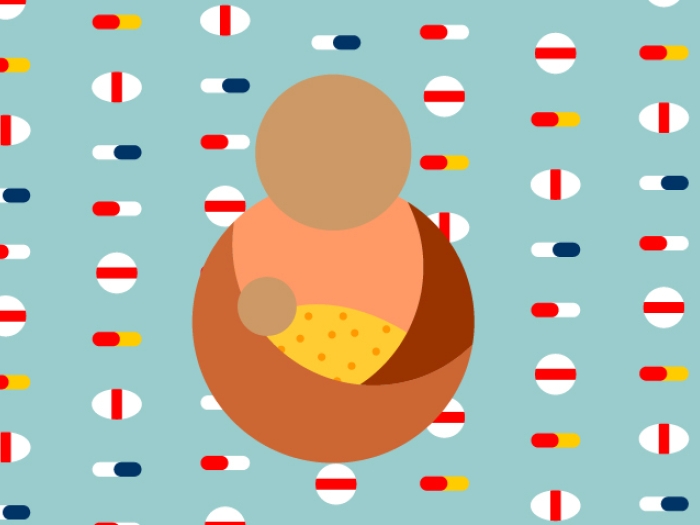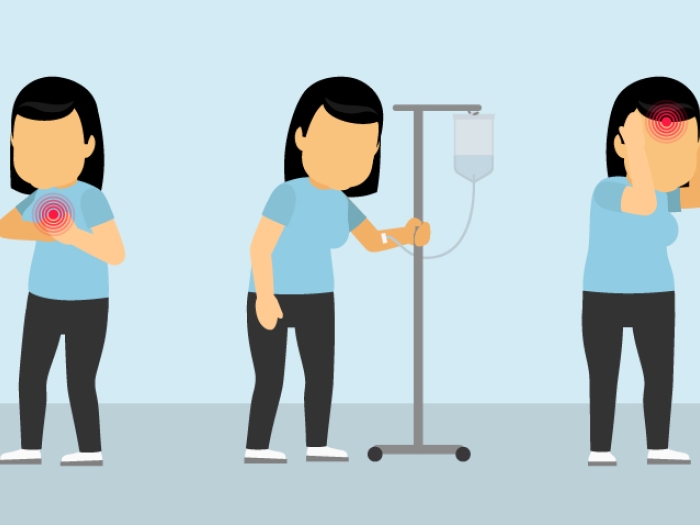Research and Policy Media Relations Manager
Gavin draws on more than 25 years of experience in communicating about science, medicine and health policy. She focuses mainly on the health services research done by members of the U-M Institute for Healthcare Policy and Innovation, who work to understand and improve the safety, quality, equity and affordability of health care. As part of the Michigan Medicine communication team, she has lead responsibility for primary care and mental health topics. Contact: [email protected]; Twitter: @Karag


Health Lab
Hard data from researchers shows more youth firearm injury research must be done.

Health Lab
A new study on post-birth pain care patterns finds a decline in opioid prescribing, but also identifies opportunities for more non-opioid-based care.

Health Lab
Health professionals offer five tips to help older adults stay safe and healthy during excessive heat wave.

Health Lab
New federal health insurance rule could save on out-of-pocket costs for patients managing chronic conditions.

Health Lab
“Secret shopper” study reveals 40 percent of primary care clinics will not accept a new patient who takes opioids on an ongoing basis, reducing their access to needed care

Health Lab
Pneumonia Patients Get Too Many Antibiotics – Especially as They Leave the Hospital

Health Lab
Hospital readmissions for hip and knee replacement patients aren’t dropping any faster since penalties went into effect, suggesting the program may have hit its “floor” and casting doubt on expansion.

Health Lab
Many grandparents’ medicines aren’t secure enough around grandchildren, according to the National Poll on Healthy Aging.

Health Lab
As health care providers push to reduce low-value care, they should put more emphasis on assessing unintended consequences, listening to patients and providers, and measuring outcomes, a U-M-led review finds.

Health Lab
A new tool “scores” patients based on the impact of their multiple chronic conditions. The tool reveals that those with higher scores have faster memory loss, a higher suicide risk and a higher overall risk of death.

Health Lab
A U-M study found that type 1 diabetes rates were one-third lower in children who received all doses of the rotavirus vaccine.

Health Lab
As interest grows in addressing pediatric firearm injuries — the second-leading cause of death for young people, researchers list the most urgent priorities for study.
News Release
The opioid epidemic has become a public health crisis in the U.S. While primary care physicians have been writing fewer opioid prescriptions over the last several years, new opioid prescriptions by surgeons increased 18 percent from 2010-2016.

Health Lab
Most of those overdosing haven’t received prescription opioids recently, suggesting a need for more opioid use disorder screening and treatment.

Health Lab
New research shows that a combination of two immune-system factors could open up new avenues for treating diabetes and obesity.